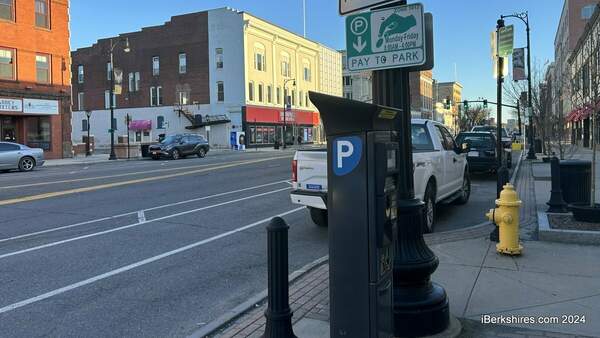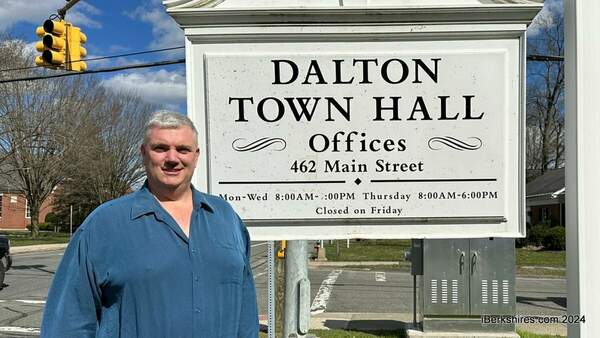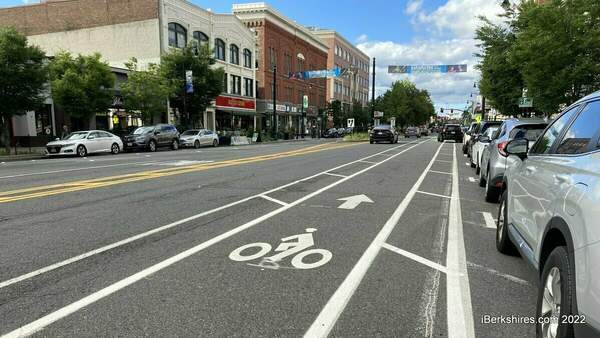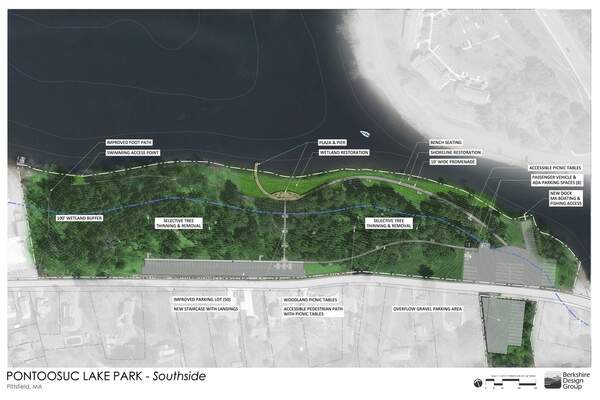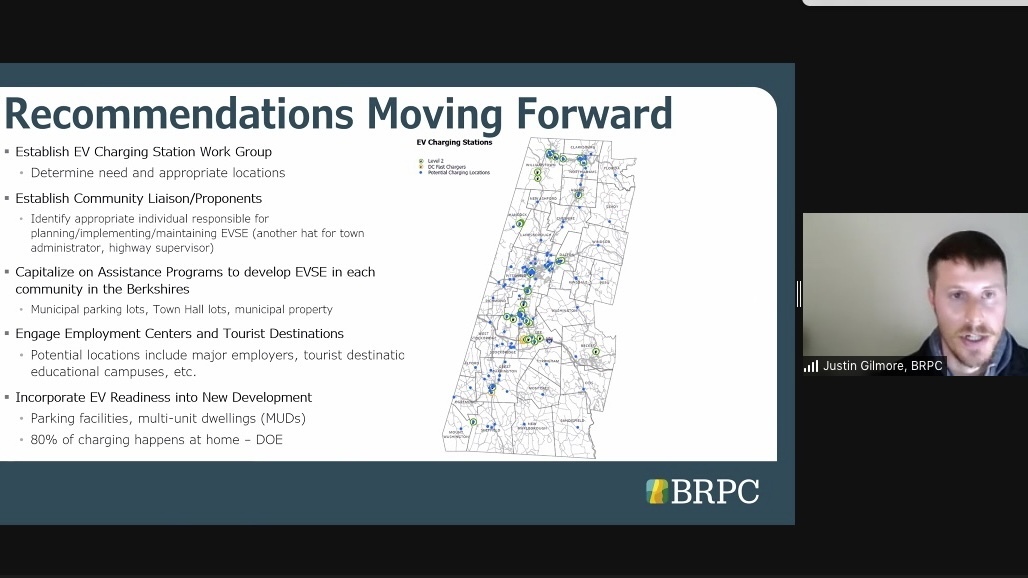
Berkshire Planning Commission Preparing for Electric Vehicle Movement
PITTSFIELD, Mass. — Berkshire Regional Planning Commission is preparing for the statewide and national movement toward electric vehicles.
BRPC Transportation Planner Justin Gilmore presented a Berkshire County Electric Vehicle Charging Station Plan to the commission on Thursday that aims to put charging capabilities in every community.
"The primary purpose of this plan is really just to educate and inform the reader on the current state of electric vehicles and charging station technology and certainly equip municipal officials with the information they need to start making strategic investments around charging station installation," Gilmore explained.
"And all of this is really coming on the heels of major commitments to address climate change."
The state's decarbonization roadmap, which aims to reduce greenhouse gas emissions by at least 85 percent by 2050, outlines steps to require 100 percent zero-emissions light-duty vehicle (LDV) sales by 2035.
This means that after 2035 in the state of Massachusetts, people will no longer be able to buy new internal combustion engine vehicles.
The Massachusetts Clean Energy and Climate Plan published in 2020 aims to increase the number of EVs in the state from about 36,000 to 750,000 by 2030.
"Transportation is the largest source of greenhouse gas emissions nationally, at the state level, and locally here in the Berkshires, so this shift towards electrification really represents a critical opportunity to begin decarbonizing the transportation sector," Gilmore explained.
"And we want to ensure that the Berkshires isn't left behind, that they're prepared for this transition, and can actually get a benefit to sort of help EV adoption rates in the county.
The plan recommends the establishment of an EV charging workgroup, establishing community liaisons or proponents, capitalizing on assistance programs to develop electric vehicle supply equipment in each Berkshire community, engagement with employment centers and tourist destinations, and incorporating EV readiness into new developments.
Gilmore reported that Massachusetts will receive about $63 million through the Bipartisan Infrastructure Law that was enacted as the Infrastructure and Jobs Act over the next five years. Through this, $7.5 billion was allocated through the national electric vehicle infrastructure program to support the goal of establishing a nationwide network of 500,000 EV chargers by 2030.
The bill also authorized the Department of Energy and the Department of Transportation to create a joint Office of Energy and Transportation with a primary directive of accelerating zero-emission transportation infrastructure.
There are currently 53 EV charging stations in Berkshire County most of which are located in central and South county areas and which are lacking in more rural towns.
"Most of these charging stations are located in sort of central South County, Lee, Lenox, Pittsfield, Stockbridge area with another concentration in North County, specifically Williamstown," Gilmore said.
In May 2020, BRPC was provided an estimate of about 3,280 battery electric vehicles in the county but does not have a current metric for EV ownership.
Gilmore displayed a variety of electric car offerings to the commission to show that prices become more accessible as technology advances. Two are made by Tesla and cost under $40,000; the Nissan Leaf starts at less than $30,000.
"We're seeing wider market adoption and it's really sort of showing that electric vehicles are becoming a feasible alternative to internal combustion engine vehicles and the functions that they provide," he said.
Executive Director Thomas Matuszko sees this as an opportunity to attract younger people to the county.
"I think this is a great opportunity if we were to become a leader in EV charging stations as a way to attract young people," he said.
Windsor delegate Douglas McNally reported that his town is planning on putting a charging station at its offices because the community is located between Berkshire County and Northampton, which is a major tourist route.
Windsor is a "green community" because it implements environmentally friendly practices to meet the needs of residents and is eligible for grants because of this.
Chair John Duval also offered to be a part of the working group.
Tags: BRPC, electric vehicle,

